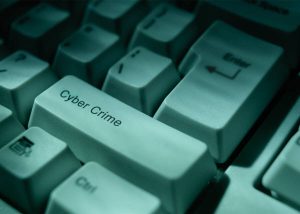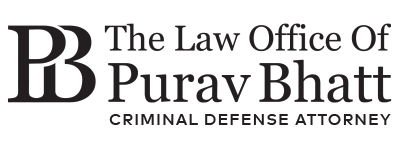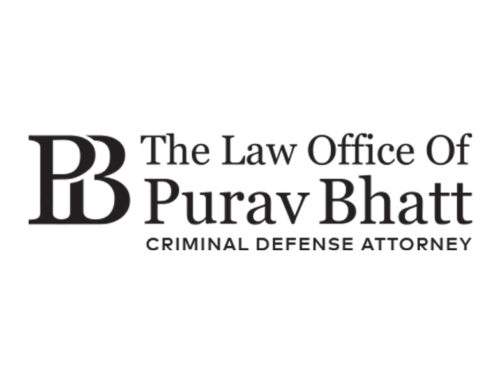
Illinois has specifically addressed this issue relating to internet crimes. The Illinois legislature has specifically addressed the venue concerns for crimes committed over the Internet with the following legislation:
A person who commits the offense of online sale of stolen property, online theft by deception, or electronic fencing may be tried in any county where any one or more elements of the offense took place, regardless of whether the element of the offense was the result of acts by the accused, the victim or by another person, and regardless of whether the defendant was ever physically present within the boundaries of the county.
A person who commits the offense of identity theft or aggravated identity theft may be tried in any one of the following counties in which: (1) the offense occurred; (2) the information used to commit the offense was illegally used; or (3) the victim resides.
If a person is charged with more than one violation of identity theft or aggravated identity theft and those violations may be tried in more than one county, any of those counties is a proper venue for all of the violations. 720 ILCS 5/1-6.
Since internet crimes and computers are rarely limited to a single state, federal jurisdiction is often the triggered. According to the doctrine of preemption, federal law trumps state law when federal law conflicts with a state law on a subject. Federal preemption is based on the Supremacy Clause of the U.S. Constitution and is closely related to the powers granted Congress in the Commerce Clause. Another point to remember is that federal charges may exist and proceed even when state charges are pending. One does not necessarily cancel or preclude the other.
In addition to being subject to state and federal criminal laws, defendants who commit internet crimes are also open to being charged with wire fraud and violations of the Racketeer Influenced and Corrupt Organizations Act (RICO), under 18 U.S.C. §1961, which generally allow for treble damages, attorneys’ fees, and dissolution if applicable.
Wire fraud simply requires a scheme to defraud and the use of wire communications, which includes anything done on the Internet under 18 U.S.C. §1343. To prove wire fraud, the law requires proof of any plan or intent to do harm (this is interpreted very broadly), and potential or actual loss of property (money or intangibles). Penalties under the federal law include fines and up to five years in prison. If the violation affects a financial institution, the penalties are increased to up to $1 million and 30 years in jail.
Purav Bhatt is a criminal defense attorney serving the Chicagoland area including Cook, Lake, DuPage and Will counties. If you or a loved one has been charged with a criminal offense contact The Law Office of Purav Bhatt at 773-791-9682.






